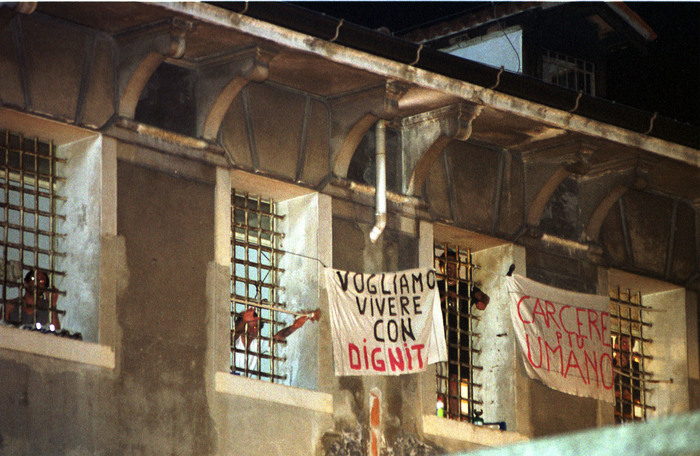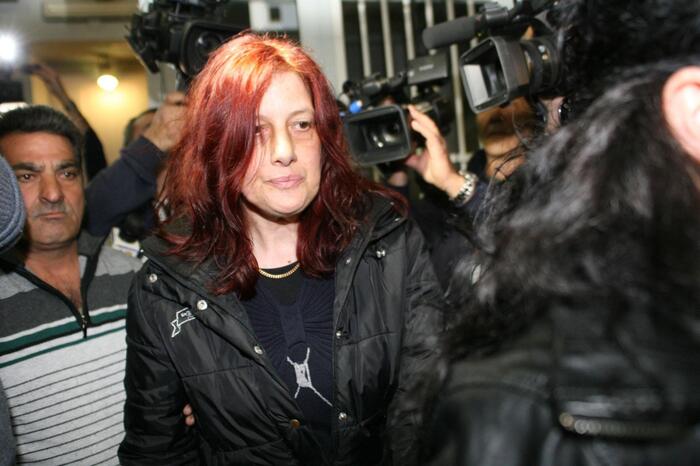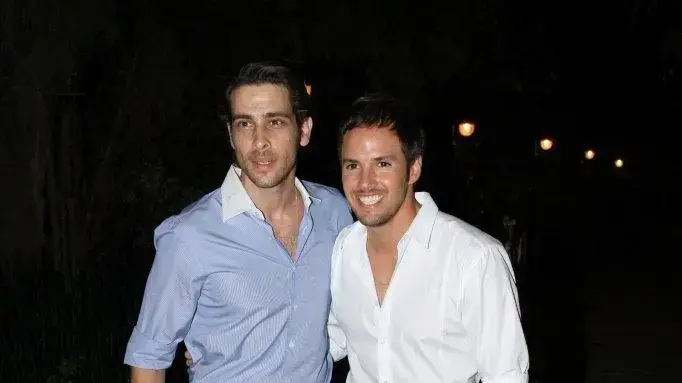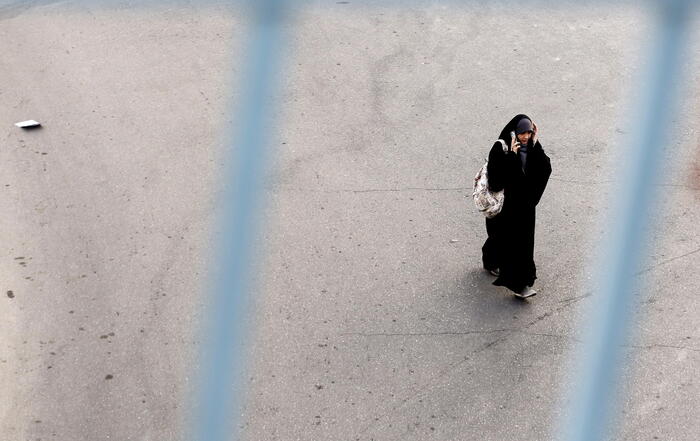Suppression and concealment: Discussion in the Stadttheater
Created: 09/22/2022, 15:34
By: Andrea Schmelzle
Author Alexandra Senfft also took part in the discussion on the culture of remembrance with Wolfgang Hauck (left) and Manfred Deiler in the Stadttheater.
© Conny Kurz
Landsberg – On the occasion of the exhibition “Set the Night on Fire” by dieKunstBauStelle, which can be seen on Infanterieplatz until October 9th, association chairman Wolfgang Hauck initiated a discussion last week in the foyer of the Stadttheater: with author Alexandra Senfft and Manfred Deiler, President of the European Holocaust Memorial Foundation, he spoke to an audience of 40 about the culture of remembrance and historical awareness - and about suppressing, forgetting and concealing.
The reason for the exhibition and dialogue was an anniversary: 85 years ago, on September 19, 1937, around 1,600 Hitler Youth from all over Germany marched to Landsberg for the conclusion and climax of the "Adolf Hitler Confessional March", explains Hauck.
While still on the main square, Landsberg was named the "City of Youth" by the Reich Youth Leader, thereby extending the status as a "place of pilgrimage of National Socialism" that had already existed through the "Hitler cell".
According to Hauck, 85 years later this event has been pushed out of the collective public consciousness.
Two interns at dieKunstBauStelle also came to this conclusion: they had sorted sources and materials for a project – and learned something about the marches to Landsberg for the first time.
"They were shocked and irritated by how close the history of National Socialism was suddenly," says Hauck.
After surveys in the city, they returned with the sobering realization: There is hardly any awareness of what the title "City of Youth" means.
In order to fill this knowledge gap, the idea of an information offer with an exhibition in the public space was pursued.
Afterwards, a public exchange should take place.
This means that a topic that is important for Landsberg is being picked up again 29 years after it was first published.
Hauck invited author Senfft, who among other things deals with the intergenerational consequences of the Holocaust.
As the granddaughter of a Nazi war criminal, jointly responsible for the deportation and murder of Slovakian Jews and hanged as a war criminal in 1947, she works through her own story in her book "Silence hurts".
There was no culture of remembrance in her family - only a embellished picture of this Nazi criminal could be found in the family memory.
Repression is human, but also dangerous because it splits off the memory.
"But as long as we don't let it get to us emotionally that some of our relatives were involved in the mass murders, we won't be able to understand such events," says Senfft.
She sees collective memory like an onion: "It starts with me, the next onion ring is family, then society." Everything is connected.
In order to see through these patterns, information and dialogue help - in contrast to concealing, suppressing or even lying.
defense and fear?
Deiler, who is more related to the city of Landsberg than his hometown, has been dealing with the topic since 1989 - at that time there were almost no publications on Landsberg's Nazi history: "A city where nothing happened," his parents said .
But he was curious and slipped further and further into the topic.
Every culture of remembrance is a matter for society as a whole and is transferred to the collective memory, he says.
However, it should not be institutionalized or used politically.
In the last 32 years, "everybody knew about it, but didn't talk about it" - perhaps out of a defensive attitude or fears.
In a small town in particular, anyone who breaks the silence is often seen as a polluter and runs the risk of being excluded from society.
"We're not getting any further with this way of thinking," says Deiler.
"We have to face up emotionally, otherwise we will stand still." The coming generation must take this to heart, among other things through "discovery learning" and "collaborative processing".
It is not a question of "cramming yourself with knowledge," adds Hauck, but rather there must be an "exchange of development methods" in which it is always about building empathy.
Senfft emphasizes that one should fight for democracy precisely when right-wing ideas are flourishing again.
For that you have to reflect, conduct dialogues.
But first: remember.
"A dialogue as a process is the strongest method of processing that we have," says Hauck.
No exhibition board, no audio walk reaches this intensity.
You also have to talk about how the city has benefited from the pilgrimage status - and why it is not talked about.









